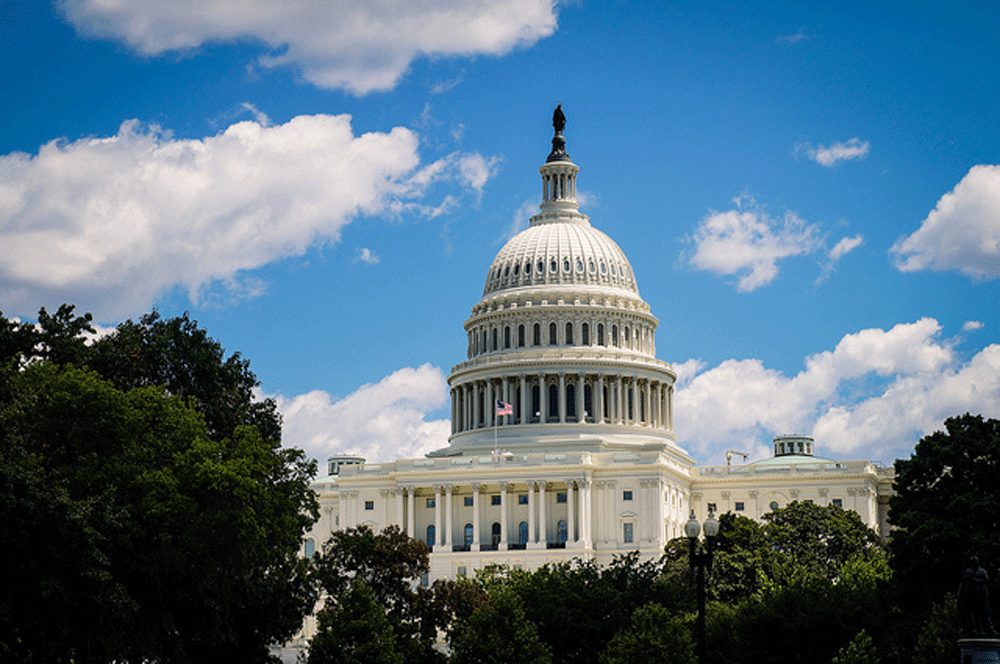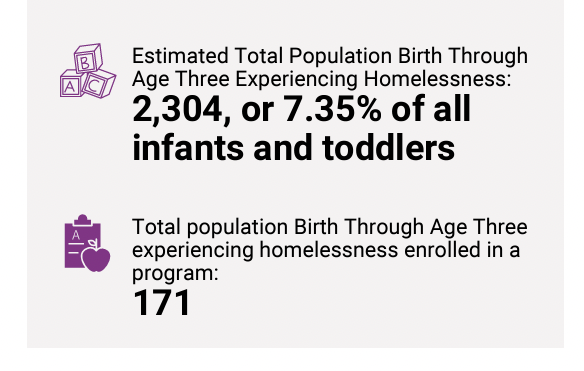Congress left town this summer without considering the Labor-HHS-Appropriations bill in the full House or full Senate. The bill advanced by the Senate Appropriations Committee would reduce funding for adult education programs below the level that both houses of Congress passed with bipartisan support last year. Simultaneously, D.C. literacy organizations have been working hard to help D.C. adults improve their reading and writing.
In Washington, D.C., “the nation’s most literate city,” more than 90,000 adults are functionally illiterate, according to the Washington Literacy Center, and this substandard skill level is a driving force behind the income disparities in our city.
It’s not just Washington. Other large metropolitan areas share similar adult education statistics, and low-literacy impacts rural areas too. District residents can take pride in the adult education and literacy organizations in our city. Adult education instructors–such as Riley Grime at Southeast Ministry (SEM), Jessica Wabler of the YWCA-National Capital Area, or Scott Stafford of Literacy Volunteers and Advocates – National Capital Area (LVA – NCA)–help adults struggling to overcome their learning gaps.
Adult literacy and education is not an abstract budget line to those who help adults struggling to master the skills most Americans take for granted. It involves helping the grandmother raising her grandchildren to obtain her GED so she can better provide for them. It involves the young high school dropout who realizes that education really does matter.
Plenty of kids in middle class households, including this writer, experienced academic problems in elementary or high school. But they often obtain help from parents who have the time and skills to work with them, or who can afford to hire a tutor.
In less affluent families, the learning gaps of the parents often become the inheritance of the children. And many of these children end up at schools that are unable to provide the help they need. Despite their bad experiences in school, many adults come forward to improve their basic skills.
Arthur Brooks, President of the center-right American Enterprise Institute, recently participated in a panel discussion about poverty at Georgetown University. Brooks said that people from backgrounds of poverty should not be considered as “liabilities to manage.” He argued that a “human capital” approach should be taken in which people in poverty are viewed as “assets to develop, because every one of us made in God’s image is an asset to develop.”
Following Brooks’ logic, adult education and adult literacy funding represents a monetary investment that can yield future dividends. A recent report from The Community Foundation for the National Capital Area illuminates the importance of helping adults to improve their skills and knowledge. “Charting the Course: An Opportunity to Improve Workforce Development in D.C.” declares that 60,000 District residents are “locked out” of participating in the local economy due to their lack of a high school degree.
Thanks to the Workforce Innovation and Opportunity Act (WIOA), positive changes can occur to help the city better integrate job training in the District of Columbia with available jobs. Performance measures will help to ensure accountability. To take advantage of this training, low-income learners will need support in the form of programs such as the Supplemental Nutrition Assistance Program (food stamps). Many adult learners are working in low-paying jobs while supporting a family. Time is money, and asking low-income workers to devote time to educational training without providing additional financial support is unreasonable.
Now, Congress is holding the line on WIOA funding for adult education and family literacy in this year’s Labor-HHS Appropriations bill. Given Congress’ reputation for tight-fistedness, that’s rather good. Yet, funding falls more than 8 percent below the reauthorization level that Congress passed last year. Meanwhile, according to the literacy advocacy organization, ProLiteracy, existing resources permit only 3 million of the estimated 36 million Americans to receive help from adult literacy and adult education programs.
The Labor-HHS-Appropriations funding bill is out of committee in both the House and the Senate, but the bill is unlikely to be taken up by either body. According to a senior education professional who is not part of the government, it will likely be rolled into whatever end-of-year funding deal that is determined.
Too many Americans remain in a holding pattern. Below average skills are limiting their opportunities. America can make a stronger commitment to investing in people to fulfill their potential because a more literate America will be a more able country. But achieving that goal requires investment. Can we make that commitment as a country? Let’s see how Congress answers that question this fall.
Steve Lilienthal is a freelance writer. National Adult Education and Family Literacy Week is September 21-26.








